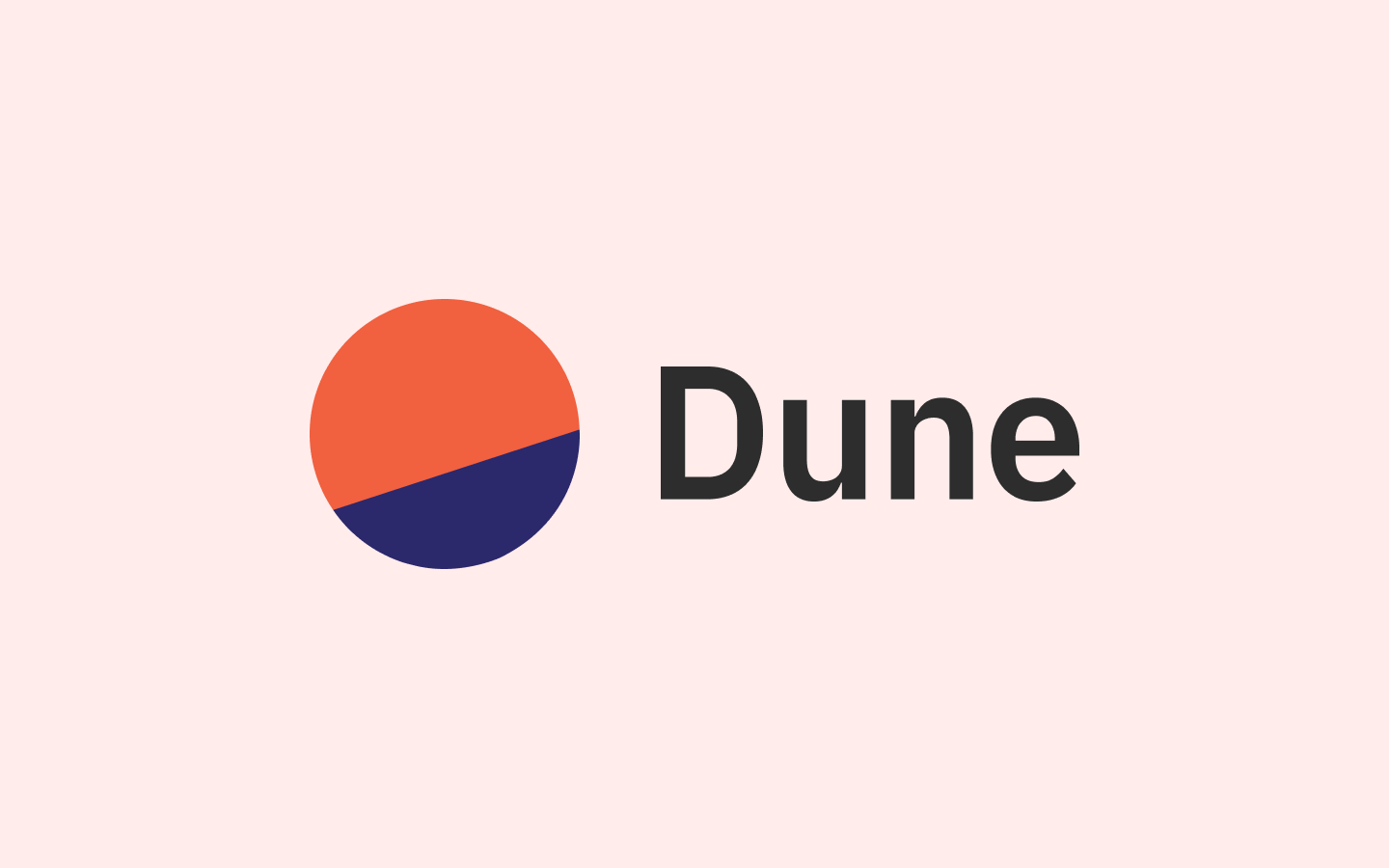toko
Well-known member
yes i agree, but i would say blockchains are still much more transparent.point is, nominally public data didn't surface due to its effective opacity
yes i agree, but i would say blockchains are still much more transparent.point is, nominally public data didn't surface due to its effective opacity
exactly - due to tech complexityBy opacity you mean technical complexity? Or actual concealed details?
i mean u.s government gives tax advantages and other stuff so that people can buy homes with cheap credit. the loan is collaterized by the house, (hence the govt subsidizes leveraged long positions on real estate assets)I don't understand this, a long from whose position? And on what? Still have some basic confusion regarding derivatives and debt obligations.
measured on what scale? it doesn't seem less transparentyes i agree, but i would say blockchains are still much more transparent.

 dune.xyz
dune.xyz
 dune.xyz
dune.xyz
 dune.xyz
dune.xyz
I could just be misunderstanding you, but it seems they already do.I'm very interested in hearing how crypto markets could support standard fin transactions btw
Yeah in this sense of the word, a ton of the public qua open source blockchain stuff is opaque, as far as most people are concerned. But because it's all publicly there, anyone with the literacy can audit it, and then all it takes is for such people to call attention to it.exactly - due to tech complexity
there has been some attempts to secure real assets via blockchain. but it is much harder to do. Here is a defi loan secured by real estate and other assets:can you take out a mortgage using crypto, for eg? borrowing in general, how does that work?


You can take out loans, but I've only had experience with overcollateralized loans. I deposit an asset, say BTC, and the lending platform itself has different loan to value ratios depending on the asset. For BTC, you can get around 40% of its value paid to you instantly in stablecoins, and while that loan is outstanding, you cannot access your collateral (nor earn interest on it, at least in the case of Nexo).can you take out a mortgage using crypto, for eg? borrowing in general, how does that work?
can't make head nor tail of that. can you just explain it instead. who's borrowing what and how?there has been some attempts to secure real assets via blockchain. but it is much harder to do. Here is a defi loan secured by real estate and other assets:

Société Générale Applies for $20M MakerDAO Loan Using Bond Token Collateral
One of the largest banks in France is working with one of the largest protocols in DeFi on a historic step toward institutional adoption.www.coindesk.com
Again, we lose many desirable properties when transitioning from trad to defi and get more risk. See :
View attachment 10772
its quite a difficult problem. The problem is the "stack" is so different between the two different regimes that you have to do hacky opaque stuff in order to go from to the other.yeah, but literally at the operational level, how does it work?
don't do the transition then, just explain it in terms of the crypto stackits quite a difficult problem. The problem is the "stack" is so different between the two different regimes that you have to do hacky opaque stuff in order to go from to the other.
Sorry yeah. MakerDAO provides loans on collateral. Usually users use native crypto assets, e.g eth/btc and borrow against that. recently a french company in possession of some tokenized bonds used the tokenized bonds as collateral to borrow from the protocol. The tokenized bonds are collaterized by real estate and are rated triple Acan't make head nor tail of that. can you just explain it instead. who's borrowing what and how?
